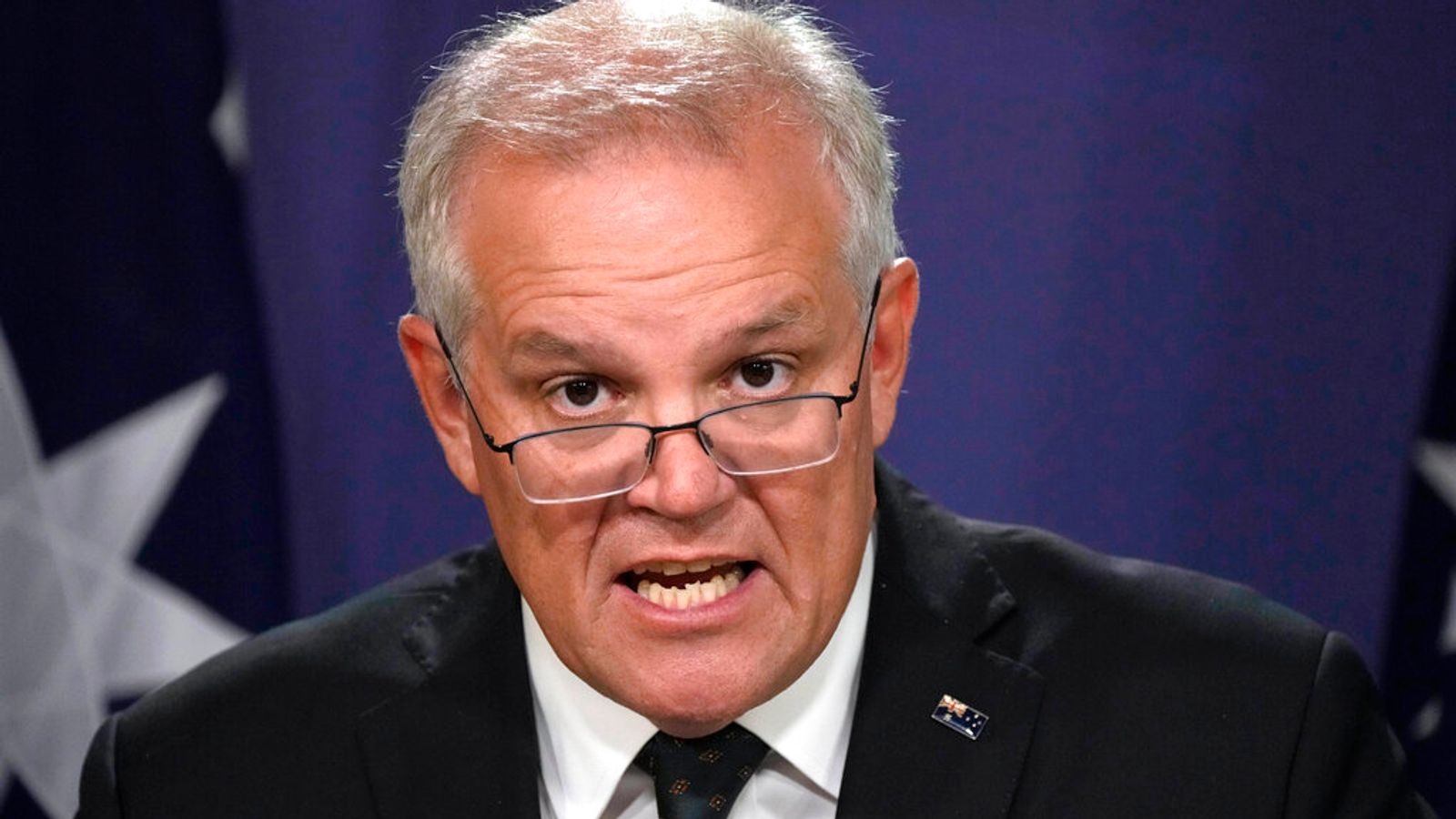Australia’s Prime Minister Scott Morrison has called for an election on 21 May, seeking a fourth three-year term in office.
Mr Morrison advised governor general David Hurley as representative of Australia’s head of state, the Queen, to set the election date, with 21 May the latest available to him.
Mr Morrison will be urging voters to stick with his conservative coalition, which delivered one of the lowest pandemic death tolls of any advanced economy.
“This election is a choice between a government that you know and that has been delivering and a Labor opposition that you don’t,” Mr Morrison said, referring to his opponents.
He won a narrow victory in the 2019 election, despite opinion polls consistently placing the centre-left Australian Labor Party ahead, led by Anthony Albanese.
Once again, the Liberal Party-led coalition is behind in most polls, but analysts are predicting a tight result.
What issues are likely to feature in the run-up to election day?
British-born dog breeder dies in Australia floods while on way to royal event
Australia floods: Thousands could be evacuated in Sydney as third intense weather system in weeks moves in
Australia landslide: British teenager caught in accident discharged from hospital
Mr Morrison’s government has been criticised for its lack of ambition over climate change goals, aiming to reduce emissions by 26% to 28% below 2005 levels. Meanwhile, Labor has promised to reduce emissions by 43% by 2030.
Amid Australia’s devastating wildfires of 2019 and 2020, Mr Morrison denied a link to climate change. He came under heavy criticism – including being sworn at by angry residents – for his handling of the crisis.
The opposition has also criticised the government’s pace over its COVID vaccine rollout, which was derided as a “stroll out”. However, Australia’s population is now one of the most vaccinated in the world.
Please use Chrome browser for a more accessible video player
Chinese economic coercion is also likely to be the subject of much debate in the build-up to polling day.
With China imposing official and unofficial trade sanctions against Australia in recent years, the government argues that Beijing wants Labor to win the election because the party was less likely to stand up to economic threats.
Meanwhile, Labor takes credit for thwarting the government’s plan in 2014 to sign an extradition treaty with China.
Bilateral relations have since deteriorated, and the government now warns that Australians risk arbitrary detention if they visit China







